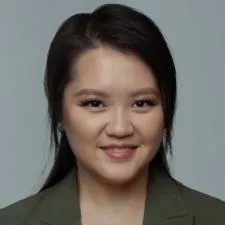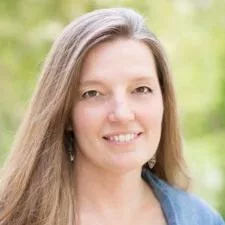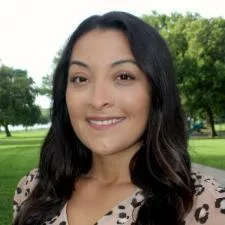“In some cases, there is a language barrier, in addition to the fact that they are not familiar with the health care system generally,” Khang said.
Other factors like substandard housing, low income and lack of insurance also disproportionately impact the health of the populations she works with, she said.
Khang often meets with people at the local YMCA or community centers to help them navigate the health care system and spread the word about healthy habits and practices.
During the height of the COVID-19 pandemic, Khang and other community health workers in Wood County helped manage pop-up community vaccination clinics.
“Really, it’s about letting them know the health care system is there to keep you healthy, not just for when you need it in an emergency,” she said. “Community health workers are also often people they know and can trust with health information.”
In 2021, the UW Population Health Institute at the University of Wisconsin School of Medicine and Public Health received $4 million in funding that was awarded to DHS by the CDC. The funding helps train professionals like Khang in Wisconsin and across the country to address health disparities that were amplified by the COVID-19 pandemic.
The funding consists of two separate grants, one for an online training center that supports 67 entities across the U.S. and a second grant for Wisconsin community health worker training and support.
The new program created to carry out this work is called Envision, which is a partnership consisting of the UW Population Health Institute, DHS, the University of Southern Carolina and Louisiana State University Health Sciences Center-New Orleans. Envision provides training and technical assistance to state and local municipalities and tribal and territorial health departments to develop and sustain their community health worker programs and train other community health workers and their programs in their areas.
Envision also provides guidance on how to plan for long-term funding for community health workers at the local, county and state levels, according to Sherri Ohly, outreach program manager at the UW Population Health Institute and co-director, development, Envision.




